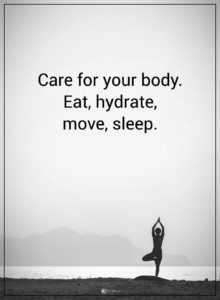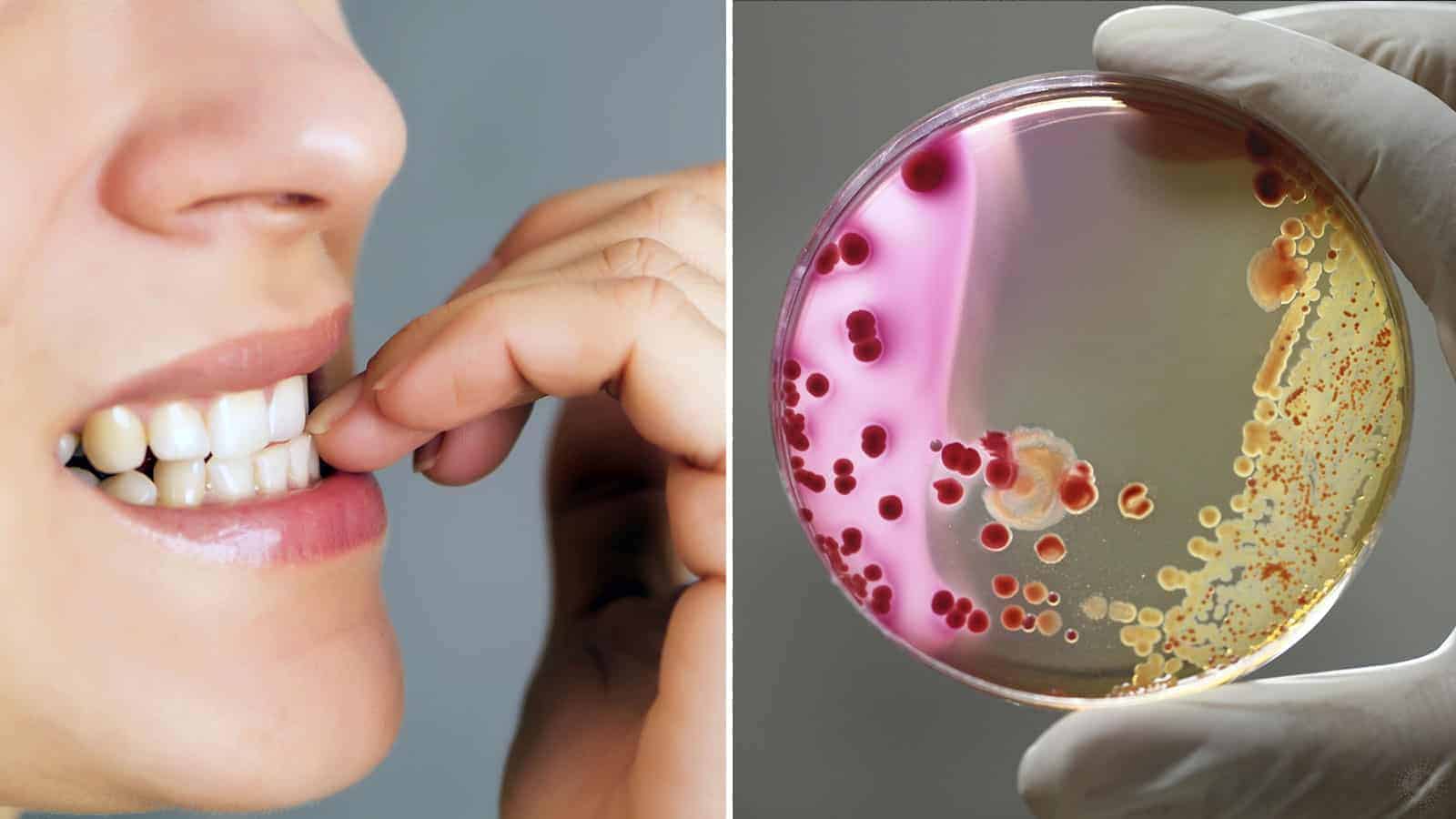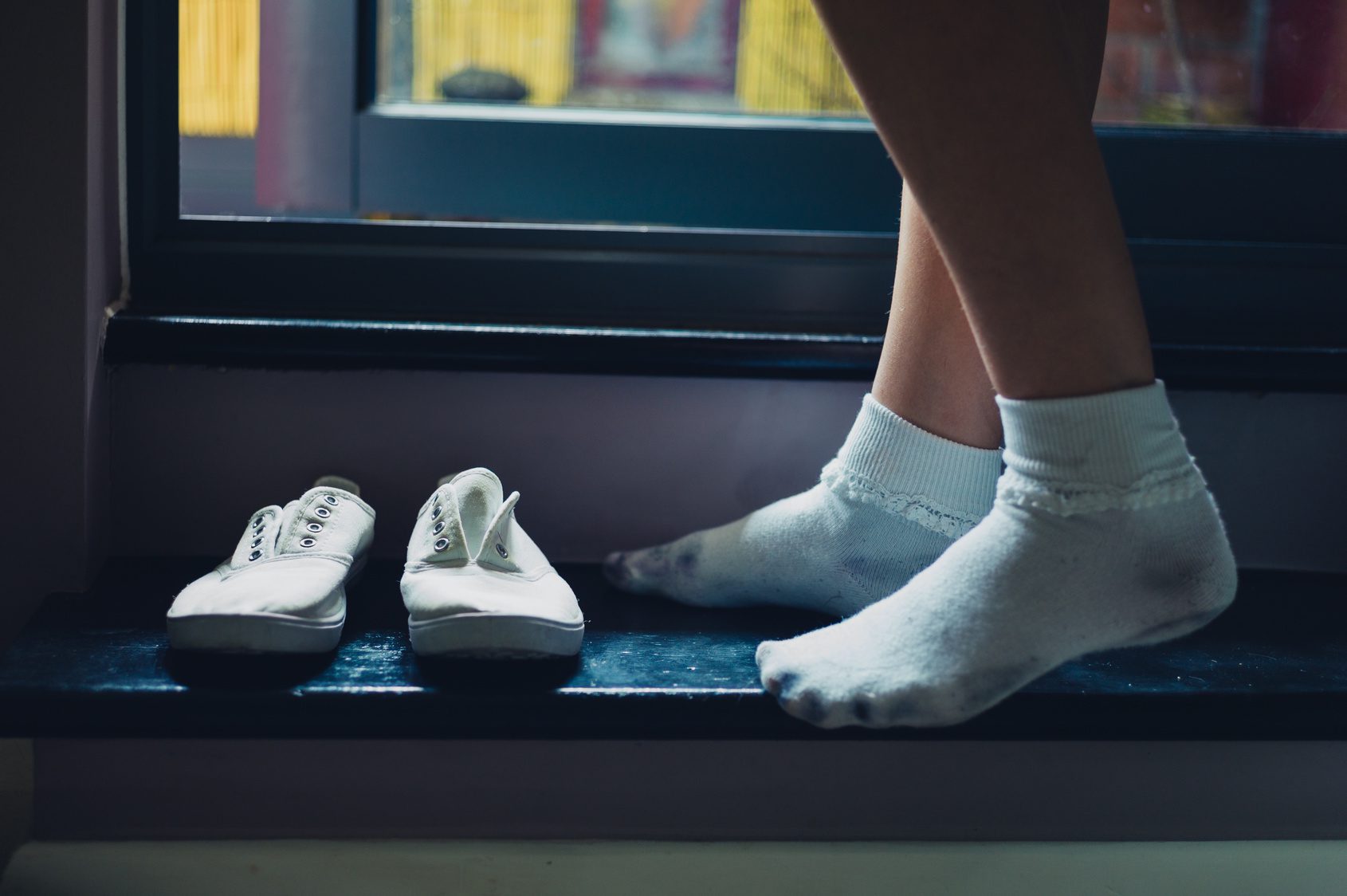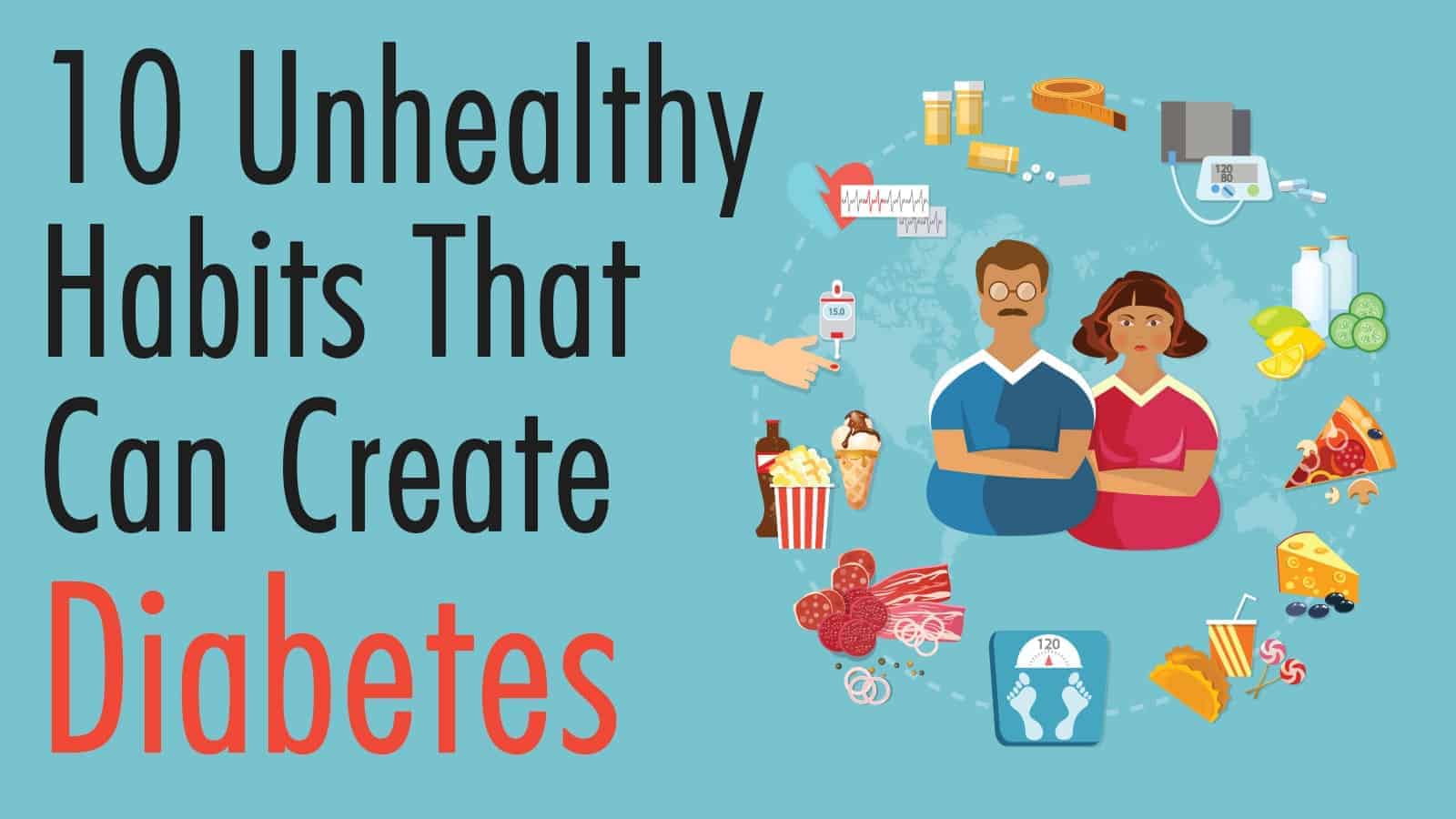The talk of bacterial and viral infections is a hot topic these days. You want to protect yourself and your family, but how can you be proactive and keep your immunity high? The problem becomes less about the infections around you and more about what you do or don’t do.
15 Bad Habits That Invite Viral Infections
Think about all the little things that you do in a day. Have you ever thought about whether you rub your nose, touch your face, or scratch your eye?
These little actions seem routine and mundane, but they can increase your chances of contracting viral infections. Here are 15 other habits that you need to avoid as they increase your chances of contracting an illness.
15 Habits That Increase Your Odds of Catching a Viral Infection
1. Not Washing Your Hands Enough
The importance of washing your hands has come to the forefront. While many people don’t wash their hands after using the restroom, the problem is more that folks don’t wash their hands long enough. You need to be using the hottest water you can tolerate to get rid of the germs.
You need to make sure that you are washing in-between your fingers, getting your nails, and even the backs of your hands. Later up with soap and scrub for at least 20 seconds. It’s often best to hum a catchy tune like Happy Birthday while doing this to make sure you give enough scrubbing time.
Simply put, you cannot wash your hands enough! If you want a healthier lifestyle that keeps you safe from viral infections, then lather up.
2. Growing a Long, Shaggy Beard
Beards are in style. However, few men know how much bacteria is harboring in their unkempt facial hair. If you want to express your manly rights and grow a mustache or beard, then keep it neat and kempt.
The real problem with longer facial hair is that you touch it regularly. You contact the door handles at work. Then you touch your face. When you eat, particles of food become trapped in the hairs and harbor bacteria.
A beard may look great, but when you are trying to keep your immunity in check, you need to wash it every two or three days. Experts say if you have a weakened immune system, you might want to shave to help keep infections at bay.
3. Biting Your Nails
Biting the nails is a habit that many people can’t avoid. However, retrace your steps in a day and think about all the things that you touch. Do you know how much bacteria is on your cell phone, computer keyboard, door handles, and all the million other things you touch?
When you bite your nails, you put all that bacteria into your mouth. Additionally, if you have cuts and bite them down to the quick, the sores are an open breeding ground for toxins.
4. Wearing Shoes in the House
In many countries, it’s customary to take off your shoes and put on house slippers. While some Americans are picky about shoes inside, others tend to wear them all through their home without issue. The problem is whatever is outside you bring to the inside.
Do you have animals? Along with nature, your pets use the grass as their restroom. When you walk outside the home and then wear your shoes on the inside, you track urine and fecal matter into your space. Then when you run around barefooted, the microorganisms get onto your feet.
A study was conducted at the University of Arizona that found that 93 percent of shoes have fecal matter and E Coli on the bottom of them. Any cracks in your feet or sores will instantly transfer that bacteria into your body.
5. Not Washing Your Produce
Everyone assumes that fruit is natural and fresh. When you go to the grocery store, you pick the biggest and best pieces and bring them home. However, you probably don’t stop to realize how many hands have touched that produce.
The fruit is picked by machines or by hand, depending on the type. It’s washed, and a layer of wax is put on it to enhance its appearance. The fruit goes into bins and makes its way to your local supermarket.
The problem is that the fruit is touched by the stock person and tons of shoppers. Eager consumers dig through bins of fruits and vegetables, trying to find the juiciest and best-looking piece. When you bring this home and don’t wash it, you are putting yourself at risk for bacterial and viral infections.
6. Using Contact Lenses
Most people would prefer to wear contact lenses over glasses. However, you must touch your eye to put the lens on your cornea. You’re supposed to wash your hands before you put in your contacts. But how many times have you been in a hurry and put them in without washing?
You’re transferring bacteria from your hands into your eye. If you think about it, it’s quite disgusting that you put so many toxins in your eye without even realizing it. The mucus membranes easily absorb contaminations, and contact lens wearers are at a higher risk of developing bacterial and viral infections.
7. Missing a Shower
There are times that you’re so tired you fall into bed after a long day. However, you should always make time for a shower, even if it’s just a quick one. A healthier lifestyle that avoids viral infections means washing all the dirt and debris from your body.
If you don’t leave your home for the day, you may be okay to skip a shower. However, if you go outside of your home for any reason, then you need to wash your body and change your clothes.
8. Picking Your Nose
Nose picking is a disgusting habit, but many people do it in secret. However, many people do it when they have sinus problems or other issues. Honestly, everyone has done it a time or two.
The problem with nose-picking is that the mucus membranes can easily pick up the bacteria on your fingers. If you’re not careful, you can contract viral infections from this gross habit.
9. Sharing Cosmetics with Friends and Family
Your cosmetics should be treated as a toothbrush, and no one should ever use them. Even if you allow your children to wear your makeup, you are transferring bacteria and germs from their face to yours.
Cosmetics also need to be changed out frequently. Did you know that they have an expiration date? It’s not always because the makeup is not useful anymore; once you’ve used that tube of mascara for more than a couple of months, the germ content of that tube is toxic and should be pitched.
10. Touching Your Face
How many times do you touch your face in one day? You put your head on your hand while working on your computer, you scratch your nose, play with your hair, and rub the sleep from your eyes. You probably touch your face 100’s of times daily.
Any bacteria on your hands can easily make it to your nose, eyes, and mouth with little effort to Resist touching your face to avoid viral infections.
11. Not Wearing a Mask in Social Settings
Do you use a mask when you are in social settings or large groups? Covers can help you to keep microscopic droplets from coughs and sneezes out of your nose and mouth. Yes, they are uncomfortable and make you feel smothered, but they are necessary for protection.
12. Hugging Everyone
Some people tend to be more affectionate than others. If you want to hug every friend or family member you encounter, you might want to save your affection. Even germs like the common cold and flu can easily be transferred when you are in such proximity.
13. Not Eating Healthy
Do you depend on take-out and fast food to get you through the day? You need your fruits and vegetables to ensure you get all your vitamins and minerals. If you’re relying on carbohydrates and fatty foods, you’re not getting what your body needs.
People who depend on nature for their food will build a robust immune system that can fight off germs and bacteria. Processed foods harm the body.
14. Taking Your Cell Phone to the Bathroom
There’s nothing better than playing a game or scrolling social media while using the restroom. However, you can quickly transfer the fecal matter to your phone. Do you wash and sanitize your phone regularly?
Many people don’t give the cleanliness of their phone a second thought. However, a survey conducted by Deloitte found that the average person touches their cell phone 47 times each day, and the phone is ten times dirtier than any toilet seat in a public bathroom.
15. Eating While Driving
When’s the last time that you washed your steering wheel? Most people don’t think that they need to clean this heavily used item. However, your steering wheel is lurking with tons of germs.
Whenever you scratch your face, pick up fast food, run into a store, or encounter any germs, it’s all luring on your steering wheel. Your steering wheel is four times dirtier than your toilet seat, according to a study conducted by the National Center for Biotechnology Information. It’s the filthiest place in your car.
 Final Thoughts on Avoiding Viral Infections
Final Thoughts on Avoiding Viral Infections
It’s impossible to think that you can avoid all germs in your life. There’s always bacteria and toxic particles floating around you. Building immunity to these items is essential for survival. However, there are certain things that you can do to ensure that you don’t get sick for careless reasons.






















